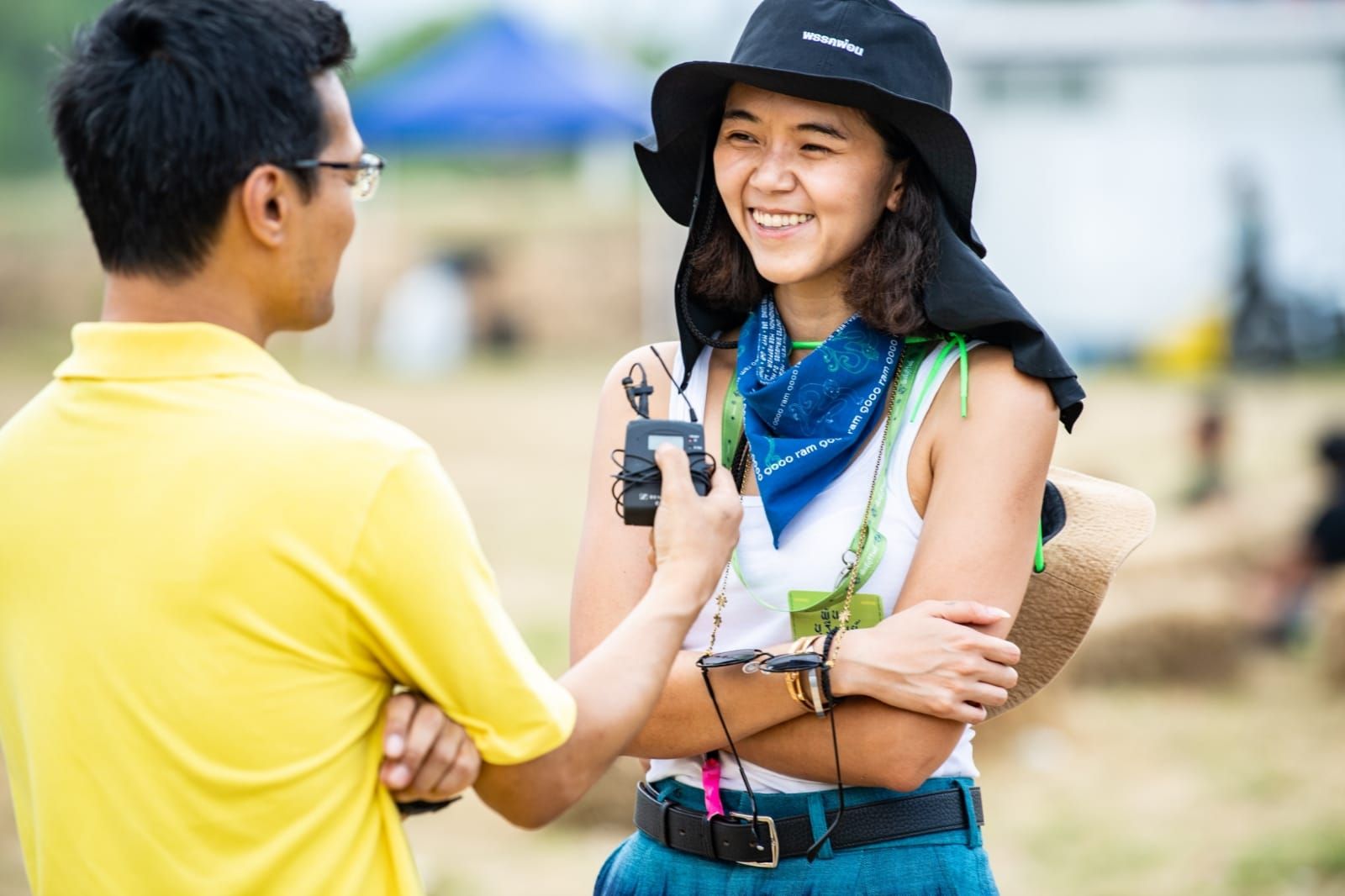Meet Nan Chidchob, the founder of the Pan Ram Festival and a woman on a mission to change Thai attitudes to cannabis
This article was updated on June 29, 2022
Southeast Asia’s various drug laws are so severe that they have become renowned the world over. Countless books, films and television series have been made about the people whose lives have been destroyed by breaking them. And yet—in a plot twist few of us saw coming—one twentysomething woman has managed to host a marijuana-immersion festival called Pan Ram in northeast Thailand.
Gen.T honouree Chidchanok “Nan” Chidchob was working for Buriram United FC—a Thai football club owned by her family—when she and her family realised cannabis was an untapped resource, both economically and socially, and that Thailand urgently needed to rethink its attitude towards the psychoactive drug.
“Cannabis shouldn’t be illegal, it’s as simple as that,” said Chidchob, on the phone from her home in Bangkok. “Yes, a lot of people here still view it as a drug, and when you suggest anything else, they become very angry and say we will all become lazy if we legalise it, but that’s what I’m here for: to try and change people’s perceptions. Because underneath all the bad press, the health benefits of it are undeniable, and it is far less dangerous than alcohol.”

Chidchob’s background is evident in her accent. Born in Buriram, raised in Bangkok and educated at boarding school and university in the UK, she veers between Thai inflections and upper-crust English vowel sounds. A love of festivals was born during her teenage years in the UK, and enhanced when she returned to Asia and spent her spare time visiting Clockenflap in Hong Kong, Japan’s Fuji Rocks and Singapore’s Laneway.
As her relationship with music and festival life deepened, so did her work in Buriram—a province in northern Thailand still largely dependent on rice farming. Noticing that marijuana grew naturally in the area, and was even used by small local noodle shops as an MSG-like flavouring agent, she and her family started thinking about the financial security that could be brought to the region if farmers were legally allowed to cultivate it.
“It was around the time that Californian marijuana farms were really taking off, and it just made so much sense to us from a purely economic perspective,” she says. “Yes, I’m interested in the recreational potential, but that’s still really grey—and we have to take it step by step, just like they did in the US, where they didn’t talk about recreation until they had seen the economic benefits. Because, seriously, if you look at yield per square metre, and compare cannabis to rice, it’s exponentially more lucrative. And best of all, there are some hill tribes near Buriram who are certified to grow hemp, so it’s within our culture’s knowledge.”
Read more: Denise Tam Is Advocating For The Power Of Cannabis Through Her CBD Store In Hong Kong



